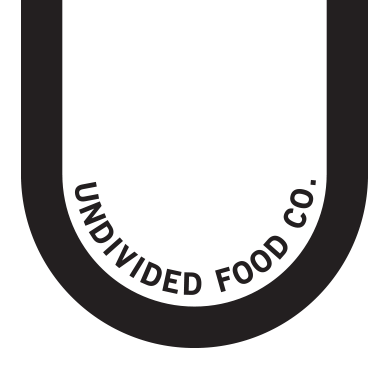A nutritionists tips on how to reduce reflux; drinking bone broth is one
By Accredited Nutritionist Stephanie Malouf
Reflux is the feeling of acid from the pit of your stomach creeping up your oesophagus, causing a burning sensation. Anyone that experiences reflux regularly will tell you it's an incredibly uncomfortable and sometimes a painful experience.
The common perception of reflux is that it's caused by too much stomach acid. The conventional medical approach is to therefore block the production of the acid, usually with the use of a drug called a Proton Pump Inhibitor (PPI).
Like with any long-term use of drugs, harmful side effects can result from using a PPI for extended periods of time. Aside from long term suppression of stomach acid plays a key role in our digestive health, the American Food and Drug Administration (FDA), warns that medications including protein pump inhibitors; may increase bone fractures. They have recommended that PPIs should not be used for longer than a two week course and no more than three times a year. This is a major concern given that I have some clients that have been on a PPI for over 5 years and they are overprescribed.
Furthermore, what if I told you that the majority of people with recurrent reflux have hypochlorhydria; low stomach acid. A major driver of low stomach acid is stress, as well as inflammation of the digestive tract and a leaky gut.
When your body lacks stomach acid, your ability to break down your meals is impaired. As a result it just sits there and eventually begins to ferment. The fermentation causes gas and bloating which irritates the lining. The increased pressure in the stomach also pushes open the sphincter that acts as a barrier between stomach from the oesophagus. Once open, the acid and gas can then creep up the digestive tract, causing a burning sensation and often the accompanying not so sexy burp.
Further to this, low stomach acid inhibits the production of the protective mucous that lines the stomach wall. Acidic food such as coffee, spicy foods and citrus can then irritate the stomach wall, also contributing to the burning sensation.
Stomach acid has a number of important roles in digestion and long term suppression can result in severe health implications down the tract (mind the pun).
Stomach acid is important for:
Breaking down proteins and digests our food so we can absorb all the beautiful nutrients
Killing harmful bacteria that enter our digestive tract
Helping absorb minerals from our food
Activating the absorption of vitamin B12
Stimulating the production of other digestive enzymes
Signs that you might have low stomach acid include:
Gas and bloating, soon after eating
Feeling excessively full after eating a regular sized meal
Reflux
Heartburn
Nausea
Undigested food particles in your stool
If you frequently experience reflux and think that this could be driven by low stomach acid; try the following tips to repair and restore it.
Predigest your food by chewing, chewing and chewing. Eat slowly, mindfully and never eat on the run!
Reduce inflammation and repair the gut lining by drinking 1-2 cups of bone broth a day
Restore a normal balance of stomach acid by drinking warm water with apple cider vinegar or lemon juice (if tolerated) in the morning before breakfast. Drink celery juice between meals which is rich in minerals and mineral salts will help to restore your stomach’s HCL
Support digestion and the break down of your foods by consuming enzyme rich foods such as pineapple and papaya and bitter foods such as rocket, fennel, olives, grapefruit and good quality dark chocolate, or raw cacao.
Minimise the trigger foods which include; fatty foods, citrus, caffeine, alcohol and chilli
Manage stress. Do what works for you, whether its exercise, mediation or just stopping for a few moments throughout the day and taking slow deep breath.

